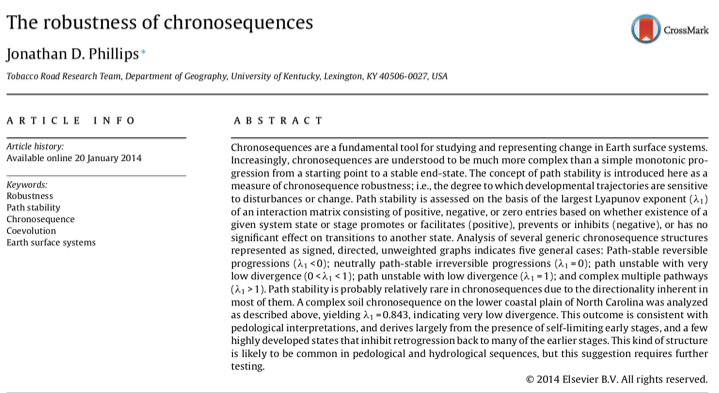
Please join us for an evening reading by fiction writer Jim Gavin. The reading will take place in the William T. Young Library Auditorium on Tuesday, March 31st at 7pm. The reading is free and open to the public.
Jim Gavin’s fiction has appeared in The New Yorker, The Paris Review, Zoetrope, Esquire, Slice, The Mississippi Review, and ZYZZYVA. He lives in Los Angeles.
Gavin is the author of Middle Men, a collection of short stories (Simon & Schuster, 2014).
_________________________________________________________________________________________________________
“The best debut collection of short stories I’ve read in a very long time.”- Adam Haslettt, author of You Are Not a Stranger Here and Union Atlantic
“Gavin’s exceptional debut collection, set mainly in southern California, harkens to an earlier literary Los Angeles…[Middle Men is] the best kind of satire: barbed and hilarious, but suffused with compassion.” – Kirkus (starred review)
In Middle Men, Jim Gavin delivers a hilarious and panoramic vision of California, portraying a group of men, from young dreamers to old vets, as they make valiant forays into middle-class respectability. In “Play the Man” a high-school basketball player aspires to a college scholarship, in “Elephant Doors”, a production assistant on a game show moonlights as a stand-up comedian, and in the collection’s last story, the immensely moving “Costello”, a middle-aged plumbing supplies salesman comes to terms with the death of his wife. The men in Gavin’s stories all find themselves stuck somewhere in the middle, caught half way between their dreams and the often crushing reality of their lives. A work of profound humanity that pairs moments of high comedy with searing truths about life’s missed opportunities, Middle Men brings to life a series of unforgettable characters learning what it means to love and work and be in the world as a man, and it offers our first look at a gifted writer who has just begun teaching us the tools of his trade.
“I love the wit and intelligence and rigor with which Jim Gavin renders characters who find themselves spiraling down the water column. Middle Men is peerless in its portraits of American males dimly coming to appreciate the disastrous convergence of their own fecklessness and feelings of entitlement with the increasingly unforgiving hard times bearing down on them, and on most of the rest of us as well.” – Jim Shepard, author of You Think That’s Bad and Liked You’d Understand, Anyway
“With its sharply drawn characters, its humor and affection and melancholy, its deep wisdom of the ways we live and cope and endure, and its panoramic and precise vision of California, Middle Men is a phenomenal story collection, and Jim Gavin an extravagantly talented writer. I could not put this book down. Gavin brings the California and SoCal I know and love to the page with searing intelligence, beauty, and an emotive force, making Middle Men one of the finest and most unusual fictions I’ve read in years.” —Victoria Patterson, author of Drift and This Vacant Paradise
“Like the heroes of this stunning collection, Jim Gavin’s stories negotiate and illuminate the gray, authentic middle, bridging the divide that exists between California’s—and indeed, America’s—golden mythology and her starker realities. There is deep truth, beauty, and humor to be found in this territory, and in Gavin we have found the ultimate emissary. This book is an absolute triumph of sympathy and revelation.” – Skip Horack, author of The Eden Hunter and The Southern Cross
“In these clear-eyed, wonderful stories, Jim Gavin writes about characters with an honesty that opens them to the core. As it will you. These are people you can’t help but love. From a kid who can’t quit carrying the seed of a second chance, to a widower whose grief blossoms into something gorgeous, Gavin writes about people who feel almost familiar, a world you almost seem to know—and writes with such astonishing authority that you realize you didn’t, not really, till now. To glimpse a once-familiar landscape through a new window, and realize you see yourself reflected in the glass: that’s one of the great gifts of fiction, a gift this debut delivers beautifully.” - Josh Weil, author of The New Valley
“Gavin’s young protagonists may not exactly be a credit to their generation, but they make for the kind of fiction that catches you off guard and brutalizes you with humor. . . . [He] speaks with authority, and his colloquial, detail-driven dialogue oscillates nicely between Flaubert and The Simpsons. Sad and overtly hysterical, the stories dodge self-pity and indie quirk for pensive American tales of turn-of-the-20th century manchildren gesturing vaguely toward a future of eroded opportunity.” – Publishers Weekly (starred review)
“Distinctive and powerful….Gavin plumbs the hearts and minds of his men with laserlike accuracy, but he also brings surprising humor to the stories, especially in the relief that his characters often feel when they realize that they won’t be able to live up to their own expectations.” -Booklist


